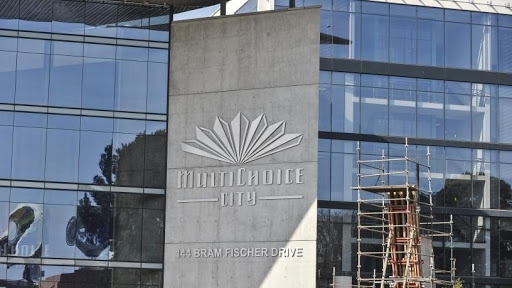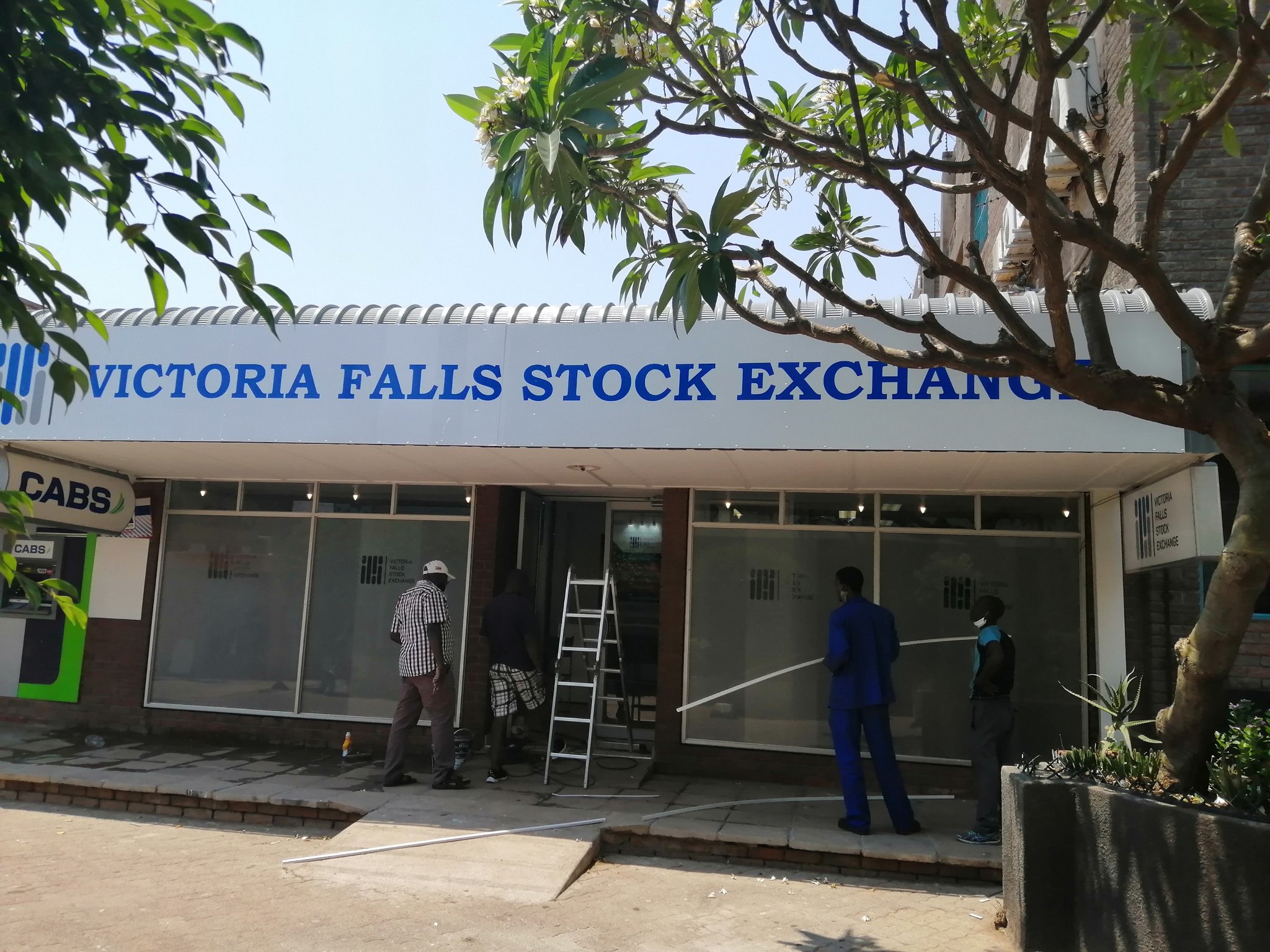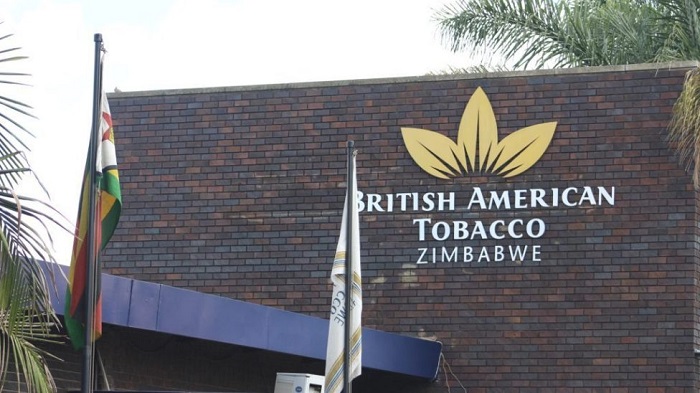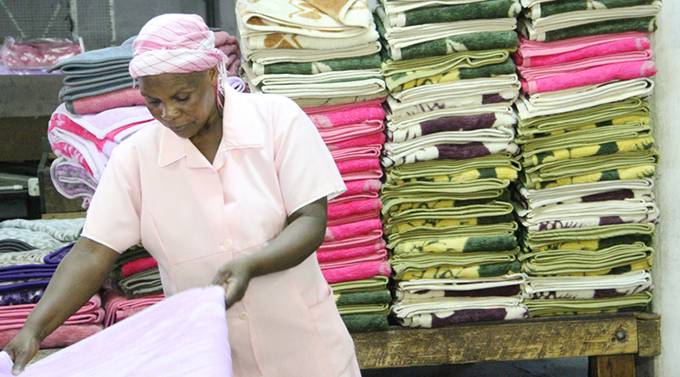Clothing factory seeks land for cotton farming
Bulawayo-based clothing manufacturer, Ticoz Clothing Company, is scouting for land to venture into cotton farming so as to promote value-addition in the cotton-to-clothing sector.
The latest move by the company is in sync with the country’s National Development Strategy 1 (NDS 1), a five-year blue-print anchoring the economy between 2021-2025.
The Second Republic has set its eyes on bolster productivity across all sectors and the private sector has
to play a key role in the journey towards attainment of an upper middle-income economy by 2030.
In an interview on Tuesday after a tour of the company’s factory by Industry and Commerce Deputy Minister, Raji Modi, who was accompanied by the Permanent Secretary Dr Mavis Sibanda and officials from the ministry, Ticoz operations director, Tafadzwa Gumende, said her organisation targets to put five hectares under the initial phase of the cotton-growing project.
For the planned white gold farming venture, Gumende said, they were seeking land in the southern region of the country.
“We are still looking at the cotton-to-clothing value chain; we are even in the process of looking for land. Maybe even if we get 5ha we can start from there,” she said.
“Traditionally, we are looking at Gokwe, Triangle areas that’s where most land is, but l would like to argue that’s there are more areas in Zimbabwe.”
Some of Zimbabwe’s cotton-growing regions are Matabeleland North in areas such as Nkayi, Mashonaland West covering places like Sanyati and Mhondoro, Mashonaland East in Mudzi, Mutoko, Murewa, Mashonaland Central in Rushinga, Nyakarowa, Dambakushamba, Nyamahubogo, and Shamva as well as Matabeleland South province in Insiza, Matobo, and Mangwe districts.
“Currently, we are doing soil tests so that we can optimise as well in this region to start even planting cotton in the rural areas where we can also train those people how to plant cotton so that even if we leave, they can still run the project that can help the community as well,” said Gumende.
“We want to produce cotton and understand the properties that make cotton. So, for us since that aspect (textiles) is new, we need to now start doing the research and development towards that, so that’s what we are in pursuit of.”
Going forward, the manufacturing concern would engage cotton growers across the country for outgrower schemes to boost its operations.
At present, Ticoz factory in Bulawayo’s Belmont Industrial Site operating with only 10 percent of the 450 workers the company requires when operating at full throttle.
Despite the challenges such as the adversarial effects of the Covid-19 pandemic, limited
access to tenders on Government projects, and low frequency in accessing forex from the
Reserve Bank of Zimbabwe’s weekly Foreign Currency Auction Trading System, the
clothing manufacturer has embarked on capacity building programmes for young women
and orphans.
“We also do a lot of training, we do training programmes for orphans and women as part
of skills building because a lot of our tailors are older and they are moving away from the
industry,” she said.
“So, now we can get younger people to rejuvenate the industry, and production will shoot
up instantly so that we are able to export.
“What we need is more skilled labour and more trainees so, once we do that, we are able
to export more and quicker,” said Gumende.
In the past, the manufacturing firm supplied both domestic and foreign markets to
regional countries like South Africa and Zambia supplying products like corporate wear
and casual wear.
At present, Ticoz is focusing on the local market supplying retail and industrial sectors.
Meanwhile, Deputy Minister Modi and his delegation began their four-day tour of
Bulawayo industries, which ends tomorrow also visiting companies that include Zimplow
Holdings, Machtec, Ingwebu Breweries, Cotton Pro and Zimbabwe Grain Bag.
The delegation is expected to wind up their tour visiting Barmore Investments, Plus Five
and Sondelani Ranching.-eBusiness Weekly









